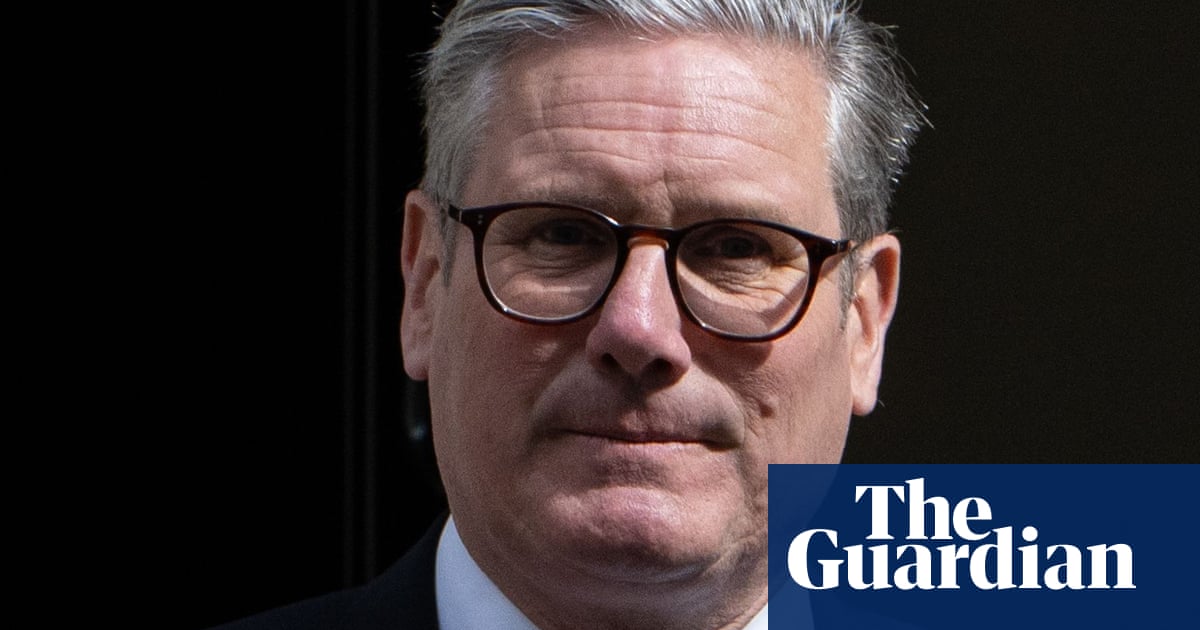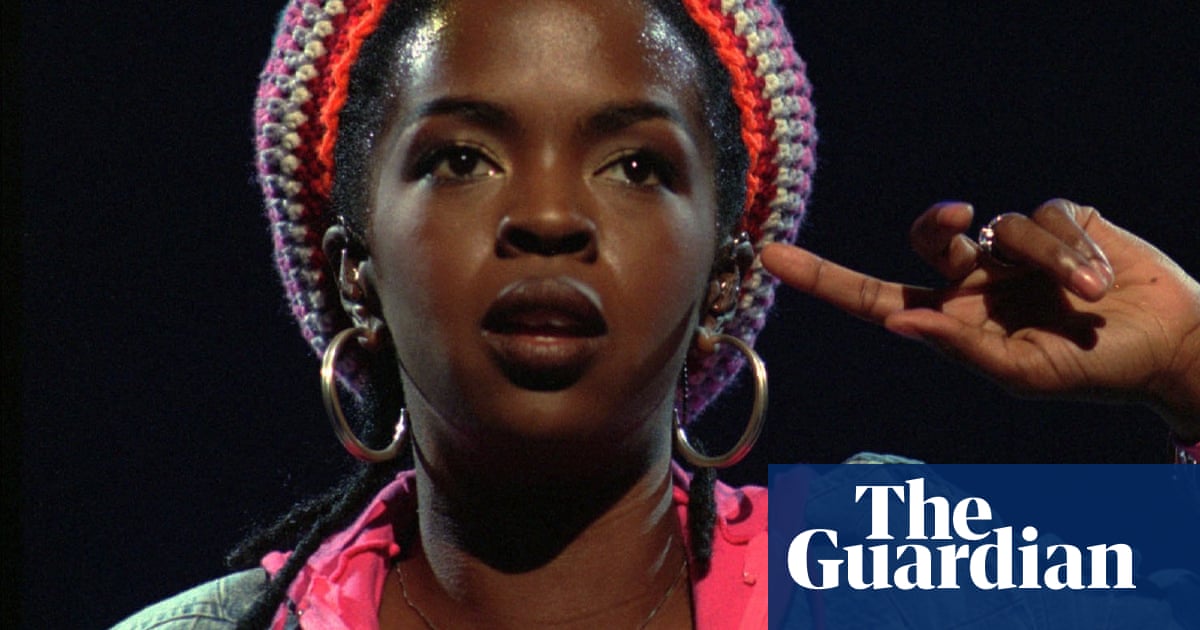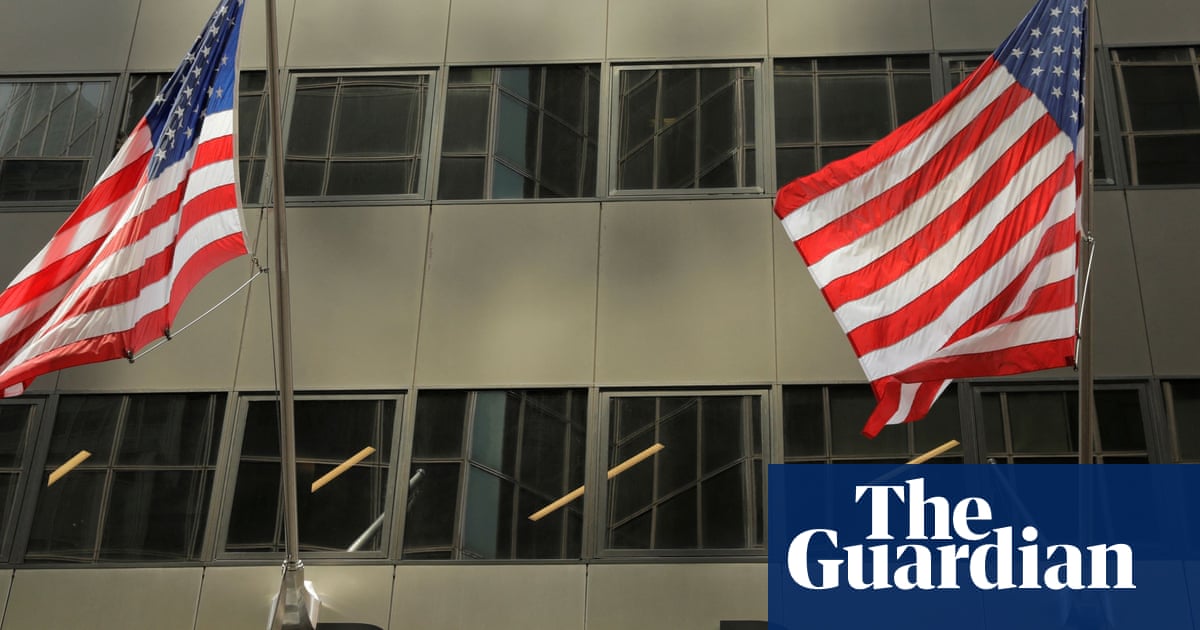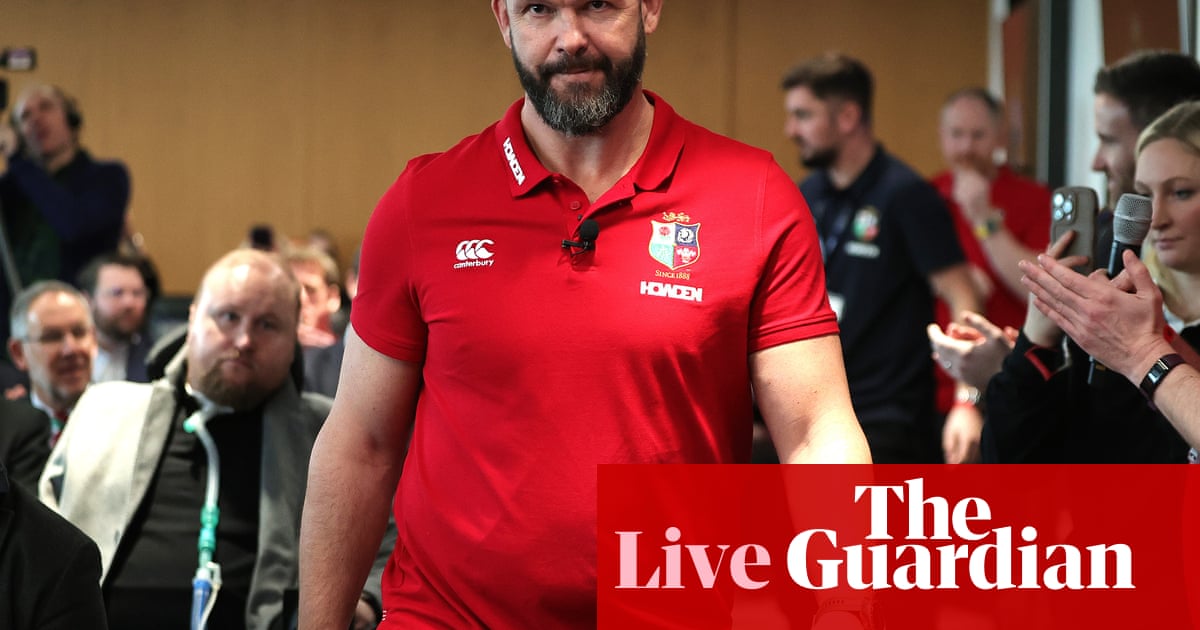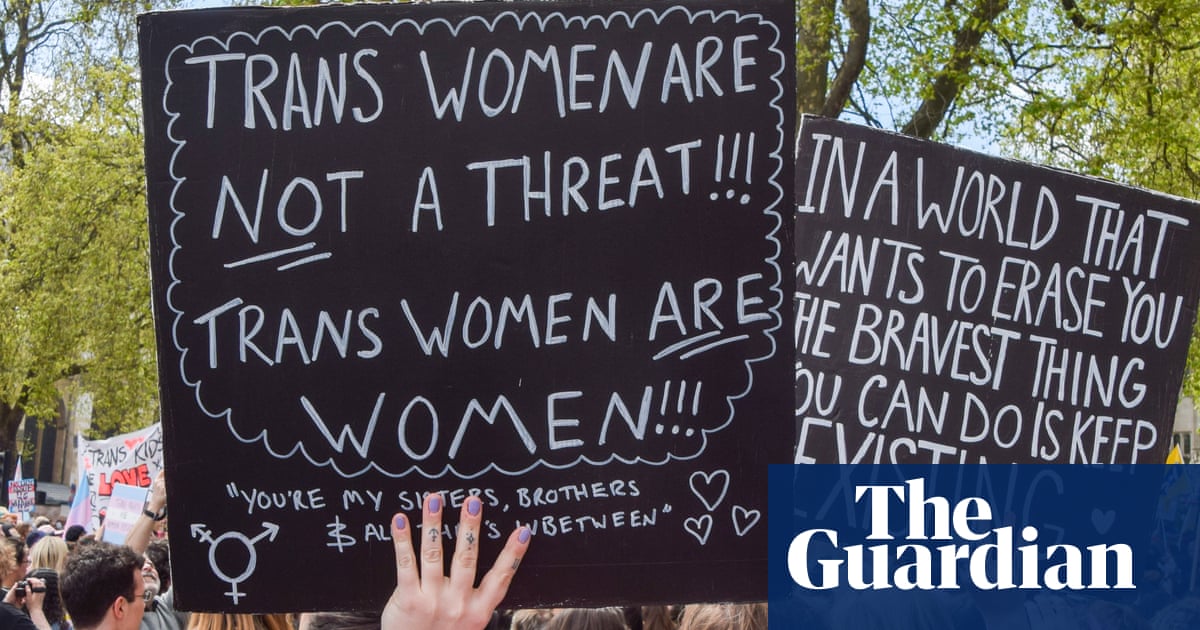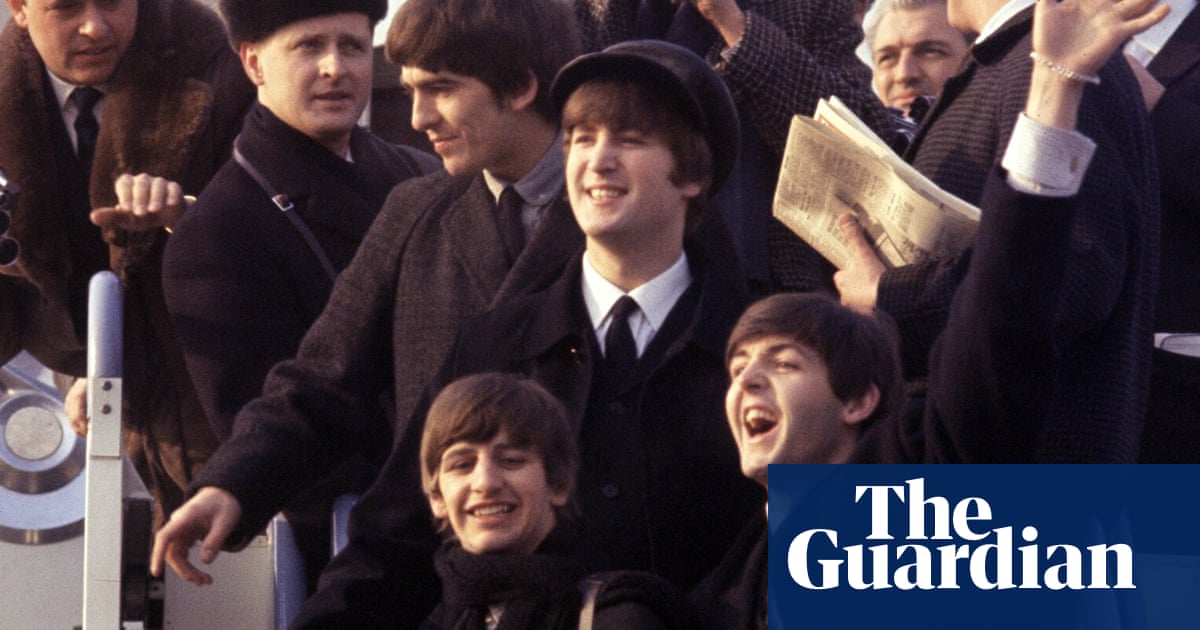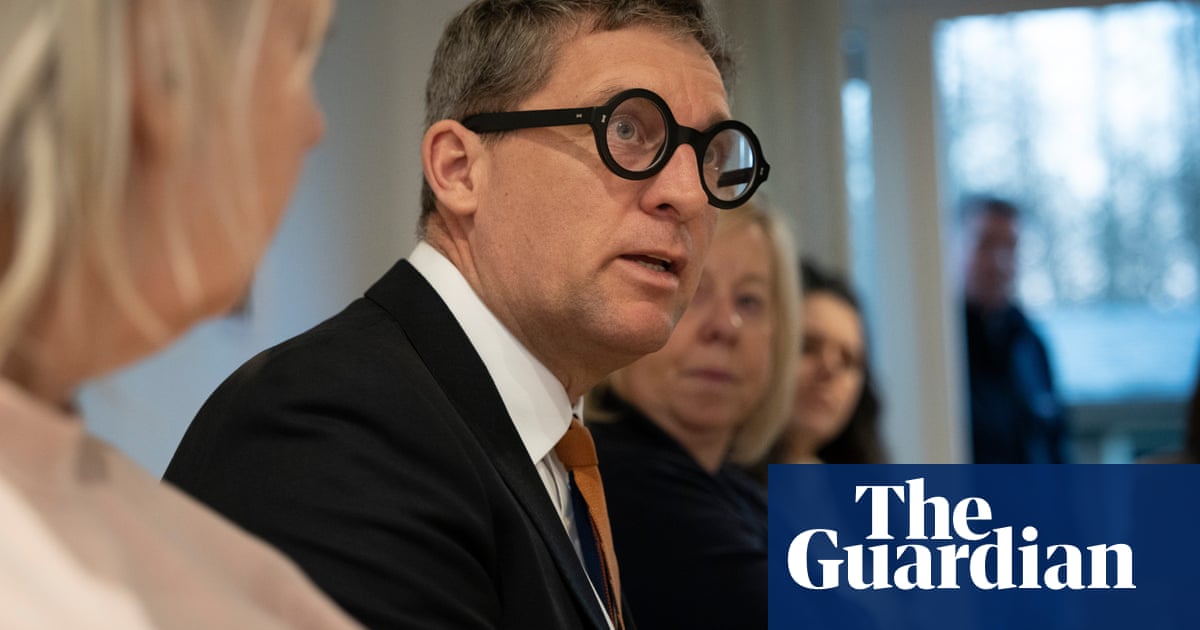Since the start of Israel’s war on Gaza, much has been written about how Palestinians are fragmented and demobilised – how their leadership is missing in action. At the heart of this problem is the Palestinian Authority (PA), which was created in 1994 after the signing of the Oslo accords. The PA, which helps Israel coordinate its highly unpopular “security” regime in the West Bank, is supported and funded by the US and its allies. Its leadership, quite frankly, is seen as unaccountable by ordinary Palestinians.
Mahmoud Abbas, the chairman of the Palestine Liberation Organisation (PLO) and the president of the PA, is almost 90 years old. He was elevated by his close ties to the US and willingness to stick to the Oslo framework during the second Palestinian intifada. He remains in his position despite overstaying term limits and his deep unpopularity. Indeed, this lack of popularity has only got worse since October 2023, as Palestinians have been outraged by Abbas’s inability to rise to the occasion and resolve the catastrophe unfolding in Gaza.
The criticisms include the fact that, to many, Abbas has not taken seriously the prospect of a unity government between Gaza and the West Bank to address the international community and any negotiations as a unified front – something Palestinians largely support. Moreover, the PA’s role in facilitating Israeli action in the West Bank has also drawn a great deal of criticism – it’s seen as the PA suppressing opposition to the unfolding war.
This is where the institutional details matter. Palestinians have repeatedly called on Abbas to convene the PLO and allow for the revival of its bodies, which have been almost completely dormant since the creation of the PA. The PLO is internationally recognised as a representative of the Palestinian people, and despite the limitations that come from being a transnational liberation movement, it has historically incorporated a broad array of Palestinians, factions and their interests.
Although the PLO continued to exist on paper after the Oslo accords, it has been allowed to wither into insignificance. For instance, the PLO’s national council – the main legislative body – is supposed to meet every year, but has only met twice in the past three decades. Moreover, Palestinian leadership has empowered another body, the central council (CC), with decision-making power, precisely to “eclipse” the legislative body. The CC has expanded steadily, with appointed rather than elected members. Abbas has also stacked the main executive body of the PLO, the executive committee, with his supporters.
One result of all this politicking is that many Palestinian people outside the West Bank and Gaza play virtually no role in discussing what happens next. The PA is hardly engaged on the issue of Palestinians in the diaspora, or in Jerusalem, or on those who are citizens of Israel, as they do not actually represent those constituencies.
This brings us to the recent news: Abbas called for a convening of the PLO central council. It’s fair to say this came as shock. The idea was not to address the crisis in Gaza, but to unilaterally change the bylaws of the PLO outside normal institutional procedures. Such a move would allow for the expansion of the council and the creation of a new “vice-president” position, appointed from an existing member of the PLO executive committee.
These steps, taken without consultation either with other Palestinian political bodies or the consent of the Palestinian people, are widely understood to be about setting up Abbas’s successor. Indeed, after a closed-door meeting, the central council announced Hussein al-Sheikh as the new vice-president. In other words, Palestinians are about to experience yet another undemocratic stitch-up.
Sheikh is an Abbas supporter, known for his role in the Palestinian security forces; he has spent his career in the PA communicating regularly with the Israeli military running the occupation. This has earned him high praise from Israelis (one former adviser referred to him as a “very, very positive player in the Palestinian arena”), but a great deal of criticism from Palestinians. In the latest polling available on this subject, conducted by the Palestinian Center for Survey and Policy Research, only 2% of respondents expressed support for Sheikh as possible president.

In response to these irregular changes to the PLO’s bylaws, many factions boycotted the latest central council meeting. Moreover, organisations such as the Palestinian National Conference expressed dismay that the central council seemed to be acting solely to appease international pressure.
Interestingly, Abbas has also mobilised elements of the Palestinian diaspora in this effort. Last month’s central council meeting introduced new members from the Palestinian Chilean diaspora, both of whom are part of one of Chile’s Palestinian organisations, the relatively recently created Comunidad Palestina de Chile.
The Chilean Palestinian diaspora is the largest Palestinian community outside the Middle East, and the comunidad in particular has been a relevant voice for an affluent section of the Chilean Palestinian community. However, the current leadership of the comunidad is unelected and is challenged by other Palestinian groups in the country.
Mobilising a politically conservative segment of the diaspora is yet another indication of the approach the PA, and its international backers, continue to take: one that sidelines public participation, centralises power, and ignores the concerns of regular people.
What I have described is part of a long, familiar pattern of denying Palestinian political agency. In spite of the fact that suppressing the will of the Palestinian people has only worsened the conflict, international powers have refused to change course. They continue to predicate policy on the idea that Palestinian self-determination shouldn’t matter.
And while the most serious threat to the Palestinian people clearly comes from the Israeli occupation and its international supporters – with plans to “conquer” Gaza now approved by Benjamin Netanyahu’s cabinet – what these events make clear is that the threat also comes from within. It is time for the Palestinian leadership to answer to the people.
-
Dana El Kurd is a researcher of Palestinian and Arab politics and a senior nonresident fellow at the Arab Center Washington. She is the author of Polarized and Demobilized: Legacies of Authoritarianism in Palestine
-
This piece was co-written with Pablo Abufom, a philosopher, translator, and the spokesperson for Coordinadora Por Palestina (Chile)
-
Do you have an opinion on the issues raised in this article? If you would like to submit a response of up to 300 words by email to be considered for publication in our letters section, please click here.

 4 hours ago
8
4 hours ago
8





